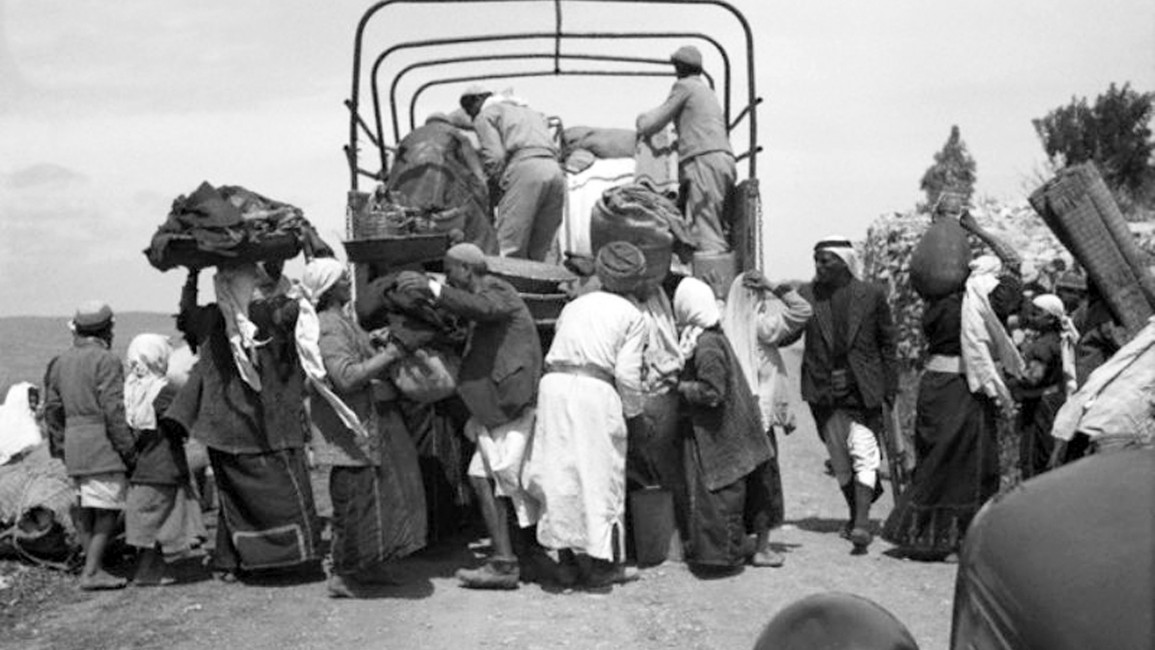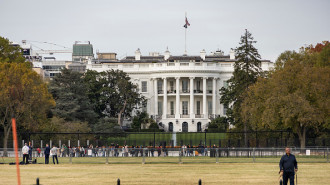Israel's parliament passes law barring naturalization of Palestinian spouses
Israel’s parliament on Thursday passed a law denying naturalization to Palestinians from the occupied West Bank or Gaza married to Israeli citizens, forcing thousands of Palestinian families to either emigrate or live apart.
The so-called citizenship law passed just before the Knesset disbanded for a holiday recess by a 45-15 majority vote that crossed coalition-opposition lines.
It replaced a similar temporary order that first passed in 2003 and was renewed annually until it expired last July, when the Knesset failed to secure a simple majority needed to extend it.
Some Knesset members said it was intended to prevent a gradual right of return for Palestinian refugees who were driven from their homes or fled during the 1948 war surrounding Israel's creation - all while Israel prepares to take in thousands of Ukrainian refugees.
"The State of Israel is Jewish and so it will remain," said Simcha Rothman of the far-right Religious Zionism party, a member of the opposition who brought the law forward with Interior Minister Ayelet Shaked. "Today, God willing, Israel's defensive shield will be significantly strengthened," he told the Knesset hours before the vote.
However, critics say the law discriminates against Israel's 21% Arab minority - who are Palestinian by heritage and Israeli by citizenship - by barring them from extending citizenship and permanent residency rights to Palestinian spouses.
"It comes off as more xenophobic or racist (than other laws) because it’s not only giving extra rights and privileges to Jewish people, but also preventing certain basic rights only from the Arab population," said Reut Shaer, a lawyer with the Association of Civil Rights in Israel.
The law also bars the unification of Israeli citizens or residents and spouses from "enemy states", such as Lebanon, Syria and Iran. But it mostly affects Palestinian women and children, said Shaer.
It is a form of "collective punishment", she added, because it infringes on the rights of an entire population based on the racist assumption that they are all prone to terrorism.





 Follow the Middle East's top stories in English at The New Arab on Google News
Follow the Middle East's top stories in English at The New Arab on Google News


